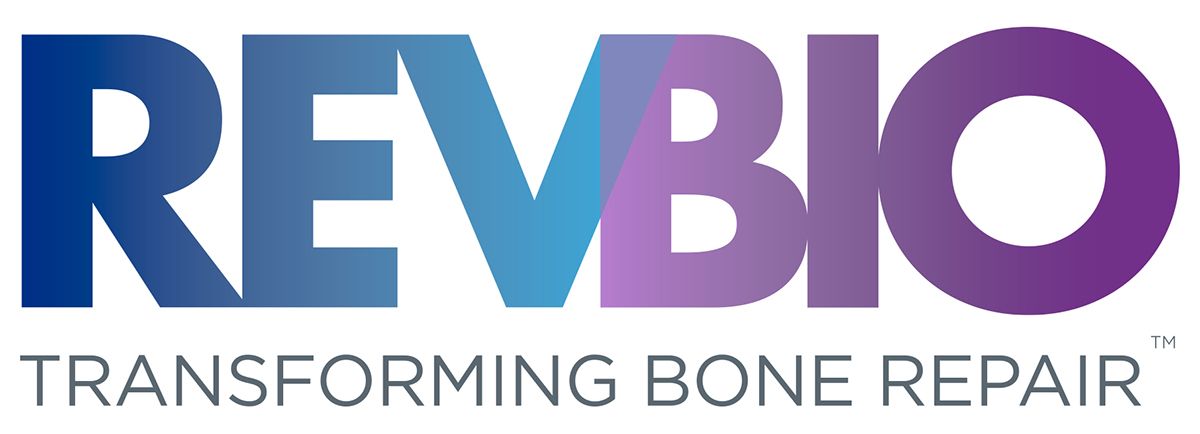RevBio Awarded $2 Million Research Grant to Reduce Opioid Use with Tetranite Bone Adhesive Biomaterial
The latest grant will extend the research conducted and further enhance the company’s dental bone graft solution with the localized release of non-opioid pain medications to reduce the need for opioids prescribed in conjunction with wisdom tooth extractions.
RevBio Awarded $2 Million Research Grant to Reduce Opioid Use with Tetranite Bone Adhesive Biomaterial | Image Credit: © RevBio, Inc.

In the hopes of reducing the need for opioids prescribed in tandem with wisdom tooth extractions, RevBio, Inc., has received a grant from the National Institutes of Health through its Helping to End Addiction Long-term Initiative, or NIH HEAL Initiative, to improve strategies for the prevention and treatment of opioid misuse and addiction.
Announced on Wednesday, this $2 million Phase II Small Business Innovation Research (SBIR) grant (2R44DE029369-02) will fund the pre-clinical development of a dental bone graft formulation that will include the release of locally acting non-opioid pain medication. This product is intended to be used to fill extraction sites and mitigate post-operative pain following the removal of wisdom teeth.
“Data shows that there is a statistically significant absolute risk increase in persistent opioid use and abuse following a single course of opiates prescribed after wisdom tooth extractions,” George Kay, DMD, MMSc, RevBio’s Chief Scientific Officer and co-principal investigator, says in a press release.
Approximately 10 million third molars (wisdom teeth) are removed annually in the United States.1
“Preliminary studies have shown that medication can be incorporated into our patented Tetranite® bone adhesive biomaterial and released over time,” Rahul Jadia, PhD, who is RevBio’s R&D Manager of Technology Development and co-principal investigator for this grant, adds in the press release, “and the release profile of a target drug can be tailored to elicit an ideal time-dose curve.”
Previously, both Drs Kay and Jadia served as co-principal investigators on a Phase I SBIR grant(1R43DE029369-01) which investigated the release of pain management medication from RevBio’s adhesive dental bone scaffold. Their research was highlighted in a feature story, and for more information click here to visit the National Institute of Health’s HEAL Initiative website.
Opioid use disorder (OUD) is a major problem in the US, accounting for 107,622 overdose deaths in 2021.1
It has always been common for opioids to be prescribed after many routine dental surgeries. A major factor contributing to widespread OUD is post-operative opioid prescription following routine dental surgeries such as wisdom tooth extraction.2 Finding an alternative to opioid prescription is extremely important since most patients who undergo wisdom tooth extractions are between the ages of 13 and 30 and are highly susceptible to OUD.
A recent study conducted on almost 71,000 patients showed that approximately 79.9% of patients filled perioperative opioid prescriptions for wisdom tooth extractions.2 In a similar study conducted on a larger sample—more than 750,000 individuals—there was a statistically significant 6.8% absolute increase in persistent opioid use and a 5.4% increase in the subsequent diagnosis of opioid abuse.3 These studies highlight a compelling need for the development of non-opioid-based acute pain management strategies for dental patients undergoing outpatient oral surgery procedures, preferably via the local delivery of medications to target tissues.
In addition to the pain from the surgery, 10% of all wisdom tooth extraction sites develop a painful condition known as “dry socket” which can occur 3 to 4 days after a wisdom tooth is removed.4,5 This condition develops when the blood clot that should form after a tooth extraction is dislodged or dissolves before the wound heals, exposing underlying bone and nerves.
“Not only will Tetranite locally release pain medication, avoiding the need for a potentially addictive prescription, but the material will occlude the socket and reduce the potential for dry socket,” says Dr Kay in the press release.
This grant complements the existing funding that RevBio has received from the NIH-funded Michigan-Pittsburgh-Wyss Regenerative Medicine Resource Center (U24DE0294162) which was formed to improve the translation of promising tissue engineering and regenerative medicine technologies for dental, oral, and craniofacial clinical practice. This latest grant also expands upon a Phase II SBIR grant (1R44DE032564-01) which the company received from the National Institute of Dental and Cranial Research (NIDCR).
RevBio, Inc., is a clinical stage medical device company engaged in the development and commercialization of Tetranite, a patented, synthetic, injectable, self-setting, and osteoconductive bone adhesive biomaterial. The company is initially developing this technology for use in the dental, cranial, and broader orthopaedic markets as well as applications in the animal health market. RevBio's Tetranite technology is not yet approved for commercial use.